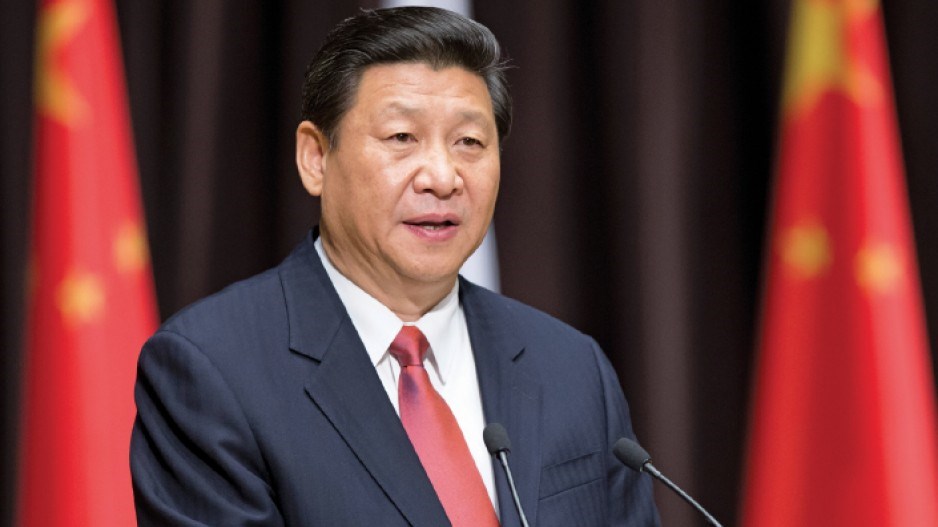It cannot be a surprise to anyone that the senior members of the Chinese Communist Party, and their relatives and friends, have become vastly rich in the three decades since they adopted a version of market economics.
What is always mind-boggling, however, is just how wealthy the party elders, their “princeling” children and other relatives have become. A recent study of the wealthiest 50 members of China’s parliament, the National People’s Congress, estimated their combined assets at $94.7 billion. In contrast, the 50 wealthiest members of the United States Congress can only scrape together a paltry $1.6 billion. That is perhaps not a totally fair comparison, because in the U.S. it is usually business rather than politics that is the route to wealth. On the other hand, the comparison emphasizes that political power is an essential element in fortune-building in China.
For at least a decade, however, China’s wealthy have been aware of the social discord their extreme wealth creates. Estimates by several organizations are that somewhere between $1 trillion and $3 trillion has been spirited out of China in the last 10 years.
Much, though not all, of this money has fled China illegally and been deposited in what are thought to be safe havens.
A new report by the International Consortium of Investigative Journalists (ICIJ), a network of 160 journalists in 60 countries, has added a lot more detail to this picture. The group worked for a year on 2.5 million documents leaked from companies specializing in setting up overseas account, Singapore’s Portcullis TrustNet and the Commonwealth Trust Ltd., which is based in the British Virgin Islands.
The ICIJ identified 22,000 accounts in these havens belonging to people giving addresses in China or Hong Kong. The material included letters of incorporation by relatives of the last paramount leader, Deng Xiaoping, former premiers Li Peng and Wen Jiabao and former president Hu Jintao.
The material showed that relatives of at least five current or former members of the seven-member Politburo Standing Committee, the hub of power in China, have incorporated companies in the British Virgin Islands or the Cook Islands.
Indeed, the list is a Who’s Who of China’s rich and powerful oligarchs. The ICIJ is careful to point out that these accounts in tax havens noted for vigorously protecting the privacy of clients may not be illegal.
That is true, though the Communist Party itself has on many occasions said holding money abroad or foreign passports by its officials and their relatives is evidence of corruption.
Most embarrassing is that the list includes evidence of an international real estate empire owned by the brother-in-law of China’s new president and Communist Party leader, Xi Jinping.
Since he rose to power a year ago, Xi has been pursuing an anti-corruption drive after warning that public outrage at graft could drive the Communist Party from power.
Such campaigns are not unusual for new Chinese leaders. They all do it in an attempt to establish an image as a virtuous official whose sole concern is to protect the interests of the people.
Invariably, though, an equally important motive is to eradicate all potential opposition to the new leadership.
Once rivals have been expelled to prison, house arrest or, in extreme cases, the execution ground, the anti-graft campaigns peter out and life returns to normal.
There has been some optimism that Xi’s campaign might be the real thing after he said at the outset of his drive that officials would go after “tigers” as well as “flies.”
However, of the 180,000 party members who are reported to have been disciplined – that’s a very small proportion of the party’s 82 million members – all but a handful are flies. •




